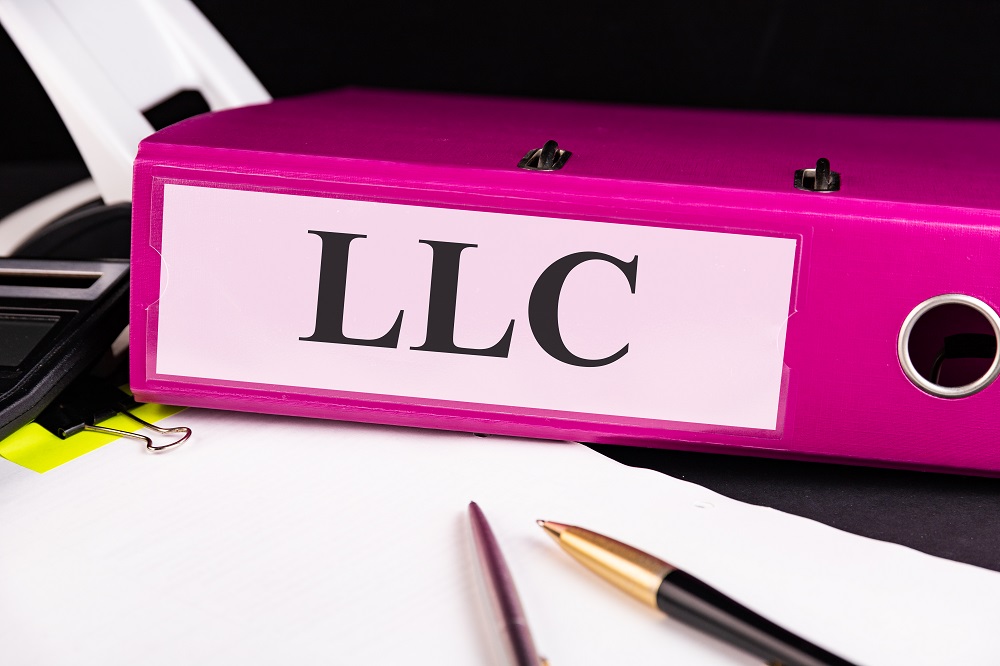An LLC, or a Limited Liability Company, is a kind of legal entity in the US that is allowed to run a business and hold assets. Unlike an unregistered sole proprietorship or partnership, an LLC is registered at the state and can receive certain benefits such as limited liability protection. As a business structure, there are different roles involved in the formation and operation of an LLC. With many roles involved, the differences among each should be understood for a better grasp of how LLCs work. For example, people should know the difference between an organizer and a registered agent.
An organizer and a registered agent are two very different roles in an LLC. For one, an organizer is an individual or entity primarily in charge of the technical formation of the LLC. The organizer submits the Articles of Organization, makes sure everything is in accordance with state laws, and gets an LLC established. Once the LLC is established, the organizer ceases to exist. On the other hand, a registered agent is an individual or an entity that primarily serves as the contact point between the state and the LLC during the LLC’s operations.
What is an LLC?
When an individual operates the business as themselves, they are operating a sole proprietorship. On the other hand, they can also register their business as a corporation – a legal entity used to run large companies. An LLC, or a Limited Liability Company, is considered by many to be a hybrid between the two as an LLC exhibits characteristics of both a sole proprietorship and a corporation.
For example, an LLC gets limited liability protection just like a corporation would. This means that since the business is registered as a legal entity, financial obligations such as bad debt will not carry over to the individual. However, corporations are expensive and tedious to set up while LLCs are not. On the other hand, corporations get heavily taxed while LLCs get a similar taxation scheme to that of a sole proprietorship – they get pass-through taxation. This is when the business does not pay taxes as the taxes pass through the personal tax returns of the members (the owners of the LLC).
There are a few roles in the LLC that need to be outlined. Since the members are the owners of the LLC, they get to decide amongst themselves on their share of profits, responsibilities, and so on. Aside from the members, two other important roles are the organizer and the registered agent.
What is the Difference Between an Organizer and a Registered Agent?
The primary difference between an organizer and a registered agent is their responsibilities.
An organizer is an individual or an entity that handles the technical formation of the LLC. They are the person or people responsible for the filing and submission of the Articles of Organization – the legal documents that are necessary for the establishment of an LLC.
FundsNet says that the organizer has to make sure that all the documents and requirements are submitted and are in accordance with state laws and regulations; They are also tasked to ensure that the filing fees are paid.
During the application for an LLC, the organizer is the most important person involved. During this time, even the state is more concerned with who the organizer is instead of the members. The organizer acts as the point of contact between the state and the LLC in case the State has to contact someone for updates, clarifications, or requests.
Anyone can become an organizer and most states simply require the organizer to be at least 18 years old. Since many LLCs are run by only one member (AKA single-member LLCs), they sometimes act as their own organizer. Even a relative or friend of the member can act as the organizer for the LLC. People also tend to make use of the services of an LLC formation service that would help act as an organizer for a client for a fee.
On the other hand, the formation of the LLC brings about the need for a registered agent. A registered agent essentially acts as a point of contact for the State in case they have to send legal documents intended for the LLC. It is required by state law that LLCs have to have a registered agent.
Just like the case for the organizer, there are no strict limitations for who can become a registered agent. The individual who served as the organizer can serve as the registered agent as well. However, many LLCs are said to make use of a registered agent service for ease and convenience.
One requirement for the registered agent is that they must maintain a physical address in the same state where the LLC is registered at. This is because the responsibility of the registered agent requires them to be accessible by the state government.
Important documents pertaining to the LLC such as the Articles of Organization and the Operating Agreement (the documents that outline the financial and functional decisions of the LLC including rules, regulations, and provisions) must also be with the registered agent at their listed address as stated in the LLC’s Articles of Organization.





